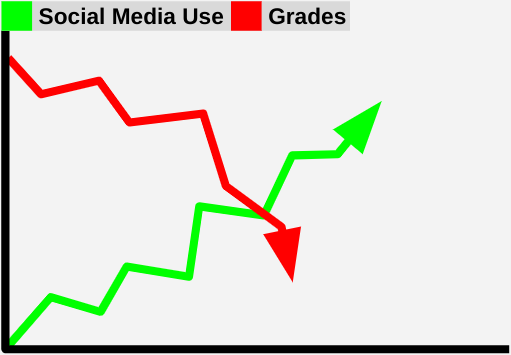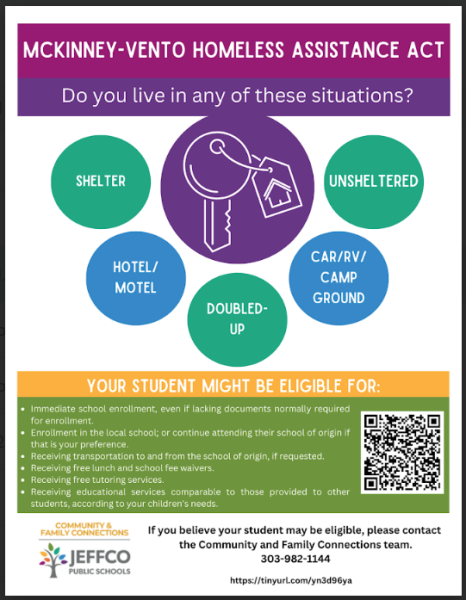The Habit of Procrastination

According to Google, the definition of procrastination is “the action of delaying or postponing something.
February 26, 2021
Staring down at the blank screen and your bloodshot eyes adds to the dread because the work you have is due tonight at 11:59 p.m. Each day you say, “I’ll do it tomorrow,” until the time comes, and you still have yet to look at it. Many, especially students, find themselves constantly stuck in this situation; procrastination gets the best of us, but why?
Students often do their homework the day it’s due when they most likely received it a couple of days prior. Being in a home environment when doing school hasn’t helped a lot of kids, they have access to many distractions that cause them to put off work. Especially in the current state of the world, procrastination has increased because students are at home more than half of the time. Finding ways to sit down and get your work done might not be easy, but it is possible.
“I procrastinate because it is easy to do. I mean, what would I rather do, hang out with friends, or do homework?” Dylan Parra (10) said.

Studies show that procrastination makes students more anxious and stressed. Procrastination can be caused by lack of motivation, fear of failing, low self-esteem, lack of understanding, perfectionism, and much more. In an article written by Christopher Orpen, studies show that students will study and work because of various reasons, but most did it because they felt like they had to and not because they wanted to.
“I procrastinate typically because I feel as though there is no winning in the end. I don’t think I’m lazy, because I know I’d do the work if I wanted to, but after a certain point, it’s hard to really start to believe that there’s an end goal,” Sarah Schroeder (10) said.
Similar to Schroeder’s account, a New York Times article also mentions that procrastination could be laziness, but most of the time it is because of the negativity around the task. Most people don’t find that they procrastinate on something that they love doing, so when high school students procrastinate with their homework, it makes sense; it isn’t just because they are lazy. Students avoid homework or their chores because they can’t bring themselves to find the positivity in the work that aggravates them.
Oftentimes, when we procrastinate on tasks, it brings negative energy. We tell ourselves that we need to do it, yet we still don’t. Our jobs/assignments can cause stress and anxiety which we associate with negativity, and who wants to work on something that makes them unhappy?
“I procrastinate more when it’s school-related because I usually dread doing it. I don’t want to do it, so I keep pushing it off,” sophomore Kendall Holmberg said.

If you are someone who struggles with procrastination, then a strategy that might help you could be the Pomodoro timer, which is also called the tomato timer. Francesco Cirillo created the timer so people could be more productive in shorter increments. The way this works is you set a timer for 25 minutes and focus without any distractions in your vicinity. When the 25 minutes is up, you take a five-minute break. If you do this 4 times, you will have worked productively for 100 minutes.
“I keep myself from procrastinating by using this app that sets a timer. For example, 25 minutes, and if I open and use another app during that time, I kill this virtual tree that I am growing in the app,” sophomore Lena Miller said.
While the strategy may not work for everyone, it is something to try — you may find that work is easier to get done, and it gets done faster in a shorter amount of time. The tomato timer can be found on websites and apps, or simply just use a kitchen timer.

The habit of procrastinating is something most people relate to. There are many reasons humans stall their important work, but it’s not always because of our laziness. Life throws obstacles at us every day, and many have a hard time seeking happiness in the first place due to all the stress in their lives; adding more negativity to our duties doesn’t sound amazing to anyone. Finding ways to help this habit of procrastination won’t come easy, but it will relieve stress and help you become successful. After all, the person that most impacts the future of your life is you.












